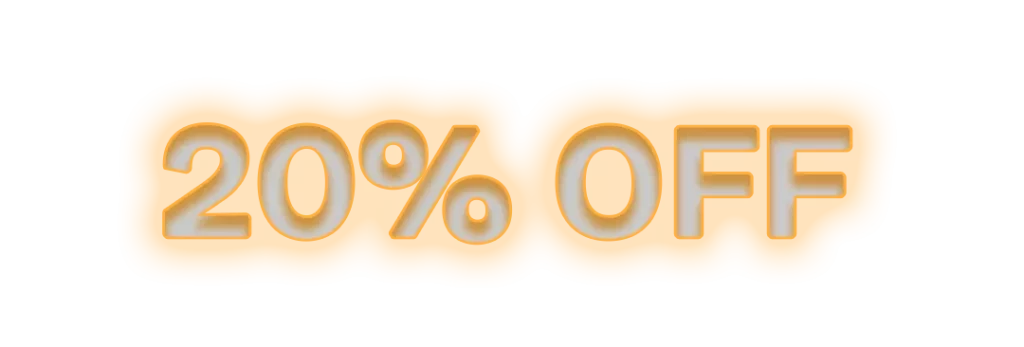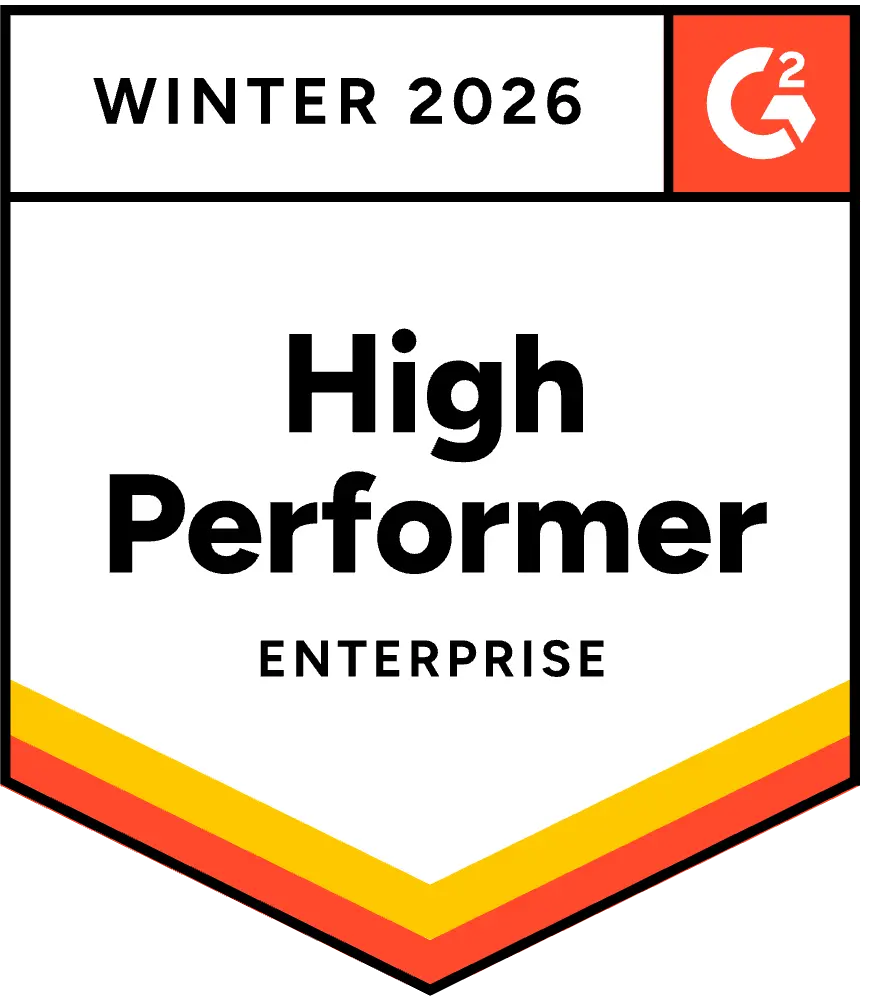Our equipment rental software can also be used to sell rental Assets and Asset Stock items, in addition to selling Inventory. To learn more about the types of items in EZRentOut, go here.
1. Enable Items to be sold
To use the sell Items capability, go to Settings → Company Settings → Sell Assets and Asset Stock → Enabled.

Once you have enabled this setting, you can choose to either:
- Allow all Assets and Asset Stock to be sold.
- Only allow selected Assets and Asset Stock to be sold.

2. Only allow select items to be sold
If this option is selected, you will need to define which Assets/Asset Stock can be sold. For this, go to Items → Asset/Asset Stock → Select an item → Edit → Extended Information → Check the Option ‘Available for Sale’.

You can also mass update this field for items, by going to Items → Assets/Asset Stock → Select Multiple Items → Actions → Edit → Select Field ‘Available for Sale’ → Yes → Modify.


When making an item saleable, you should define the ‘Price for Sale’ of an item on the Item Details Page. This is the price that will be automatically populated on your Orders when you are selling the items.
To sell Asset and Asset Stock items, you must first add them to an Order. An Order may contain both saleable and non-saleable items.
You can sell selected Asset and Asset Stock items in an Order using three workflows, depending on the state of an Order and the number of items you choose to sell.
3. Create a Sales-Rent Order in the Drafted/Booked State
EZRentOut enables you to sell and rent out Asset and Asset Stock items in the same Order simultaneously. However, this action can only be taken in the Drafted and Booked state of Orders.
Let’s say, you add three cameras to a Drafted Order. Out of these, you want to rent out two Nikon cameras and sell the Canon camera to your Customer.
Open the relevant Order, click on the Mark Items for Sale button on the upper-right corner of the Order Details Page as shown:

This opens up an overlay where you can select the Asset and Asset Stock items you want to sell, in this case, a Canon camera. Configure details like Sales Price Per Unit and Quantity to be sold (for Asset Stock only) and hit ‘Submit’.

EZRentOut books the selected items for sale and for rent in the same order.

Before an item is in the Rented Out state, you can even deselect the items chosen for sale by re-clicking on the Mark Items for Sale button, unchecking the boxes and hitting ‘Submit’.
Once the Order has been Rented Out, selected items are marked sold and retired from the database as shown:

Asset Stock quantity that is sold will be marked as retired and the stock quantity will be decreased by the relevant amount. You can verify this from Items → Asset Stock → Select an Item → Stock History.
4. Sell items in a Completed Order
For Orders that are in the Completed state (payment has been charged and all items in the Order have been returned), EZRentOut creates a separate Sales Order.
Suppose you just completed Order #636 and now want to sell its items to the customer after the rental duration is over.

Go to the Completed Order and click on the ‘Sell Items’ button at the upper-right corner.

This pops open an overlay where you can select Asset and Asset Stock items for sale as illustrated below.

Select the relevant items and click on ‘Sell Items’. This creates a new Sale Order (#637) and moves the items selected for sale from Completed Order #636 to Sale Order #637.

Items in the new Sale Order are marked sold and retired from the database accordingly.

5. Create Sale Orders during the Drafted/Booked State
During the Drafted/Booked state, EZRentOut allows you to create an Order with saleable Asset and Asset Stock items only. This is a Sales Order. It doesn’t go through the rented-out or returned state but is sold directly.
To create a Sales Order, go to Order → Click ‘Sale Order’.

The following overlay appears.

Select all the Asset and Asset Stock items you want to sell and hit ‘Submit’.
This creates a Sale Order (#2) and marks all items in their Drafted state for sale.
Once the Selling Date arrives, the Order is marked Sold and all items are retired from the system.


6. Run Reports on Sold Items
To get a holistic picture of items that are sold, you can run the ‘Sold Assets’ report from More → Reports → Sales Reports → Sold Assets.

To learn more about reports in our equipment rental software, go here.
7. Sell items on the Webstore
With Selling Asset and Asset Stock enabled you can also sell items on your Webstore to make buying more accessible for online visitors.
To get started, go to Settings → Store Settings → Sell Asset and Asset Stock and enable the setting.

Depending on whether you allow for select items or all items to be up for sale, your Webstore will show a ‘Buy’ button next to Asset and Asset Stock items that qualify.

Online visitors will also be able to exclusively search for items that are up for sale. They can click on the dropdown in the Search bar and choose ‘Buy’ before they input search queries.

8. Return sold inventory
To enable return of inventory items that have been sold, go to Settings → Company Settings → Return Sold Inventory → Enabled

Select the number of days within which the sale item can be returned.
NOTE: Please keep in mind that it is recommended to set the limit within 90 days. Going over 90 days may affect credit card refunds.
Additionally, you can allow staff users to return sold items.
Whether the Order is Rented Out or Returned, you can partially or completely return the sold inventory items.
In the sample Order below, the Customer was sold 10 units of Mounting Stands but they wish to return 5 since those were unused or not required.
Go to the DETAILS tab under the Order to view the items sold. Select the inventory item(s) you want to return and click on RETURN.

Now input the number of items you want to return and click on RETURN. In the example scenario, we’re returning 5 out of the 10 units of Mounting Stands.

Once the items have been returned, you can view the details of duration and quantity being returned populated in the DETAILS section. The inventory items will automatically be replenished in the inventory.

If you go to the Inventory Details page, the sale item return can also be viewed in the Stock History.

To view the Sales Return Items report, go to Reports → Sales Report → Sales Return Items
Customize the Sales Return Items report to your requirements. (see example below)

NOTE: To balance out any outstanding amount to your customer due to sold items being returned, you will have to manually process the refunds.
EZRentOut is the leading online rental software used by a diverse set of rental businesses worldwide.
For more assistance, drop us an email at support@ezo.io.


![[How-to] Sell Items with Equipment Rental Software](https://cdn.ezo.io/wp-content/uploads/2021/04/How-to-Sell-Items-with-Equipment-Rental-Software.png)


